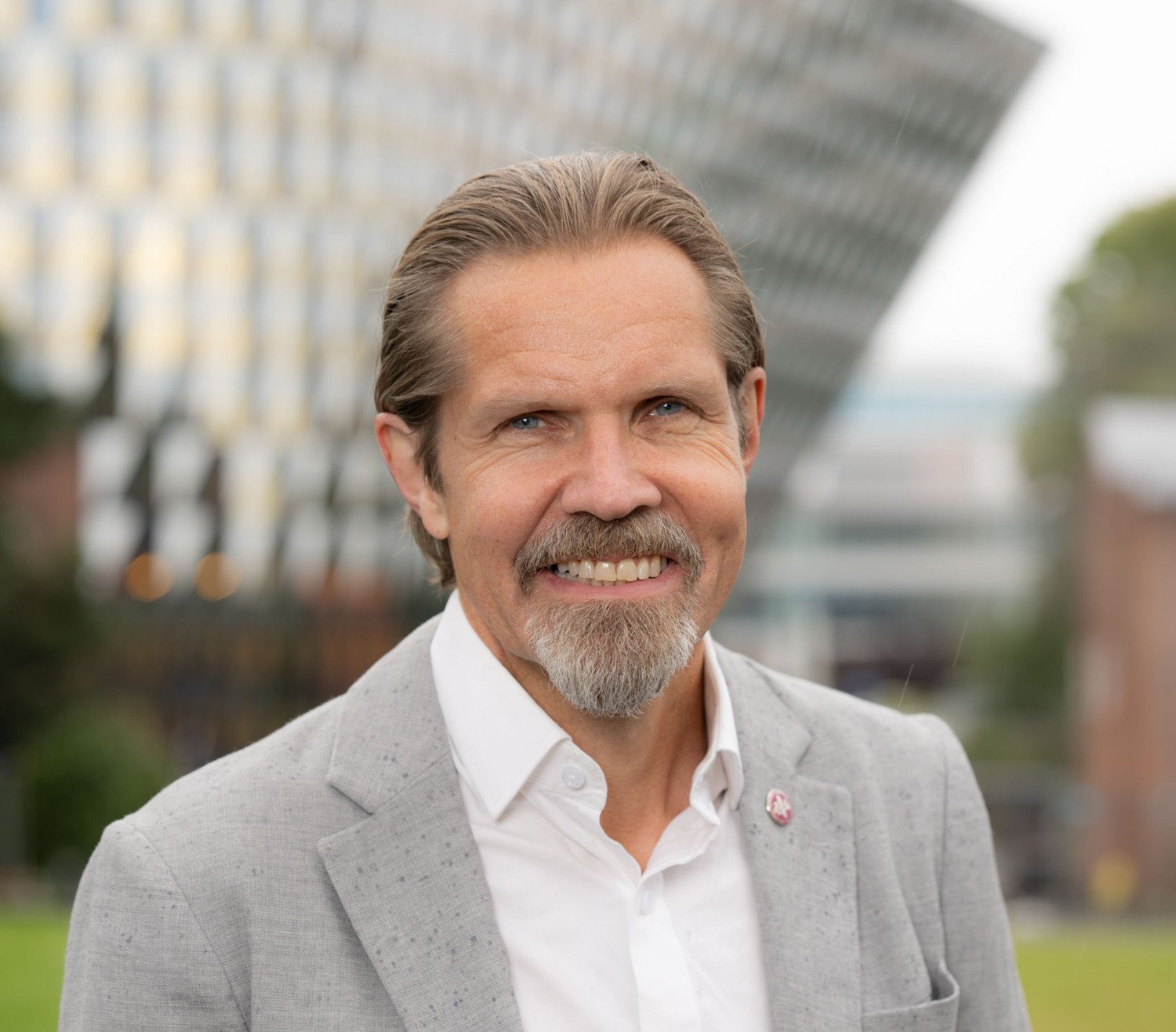Impact case: Clinical intervention program for autistic children
Autistic children face many challenges. Seemingly simple things like talking to someone or adapting to the routines of a day in school don’t come naturally to them. The acquisition of these essential skills can be facilitated, in a friendly and cooperative setting, with experienced mentors.
A rising number of children are diagnosed with neurodevelopmental conditions, like autism. And with that increase has come a higher awareness that autistic people need understanding and support. Autism is not an affliction that can be treated, it is rather an expression of diversity, a different way of experiencing the world.
Clinical intervention program
KONTAKT is a clinical intervention program where autistic children and adolescents train social skills and codes to become more independent, self-confident and socially motivated.

"We want to provide practical tools and abilities for their daily life," says Sven Bölte. "It is a way to prevent the negative effects of being autistic in our society, to handle a world that is not adapted to their needs."
The program is aimed at children and adolescents with autism without intellectual disabilities.
Group sessions
It works through group sessions where you meet regularly with a mentor. Each meeting consists of several elements; you might tell each other about and discuss events of the past week, do role play, or learn to recognise and handle emotional reactions. Practical tasks could involve making a phone call or simply asking someone a question. Basic skills that autistic children may don’t acquire automatically.
"I started out with colleagues in Germany more than twenty years ago," says Sven Bölte. "We saw that autistic children were often lonely and unhappy, with signs of anxiety and depression, and that there was need for support."
"The program has shown better results than other methods in randomised control studies on social communication skills, social motivation and awareness, and not least, when it comes to achieving their own personal goals of participants," says Sven Bölte. "That includes to be better at making friends, to avoid conflicts or, to just feel better at school."
Used in clinical settings
The KONTAKT concept is used today in clinical settings in Scandinavia, Germany, Australia and a number of other countries. SKOLKONTAKT, the program adapted to educational settings, is also applied.
Sven Bölte ascribes the success to the close cooperation with the interest groups – parents and adolescents themselves. Without their participation you can’t do anything meaningful in this field, he says.
"You must understand your target group and have a lot of patience. It takes time to create a more positive culture around these conditions. These children are not sick, they just function differently."
Key takeaways
- Co-create with the target group. Close collaboration with children, adolescents, and their families was essential to designing a meaningful and effective program.
- Focus on practical, everyday skills. The intervention emphasized real-life tasks—like making a phone call or handling emotions—to support independence and well-being.
